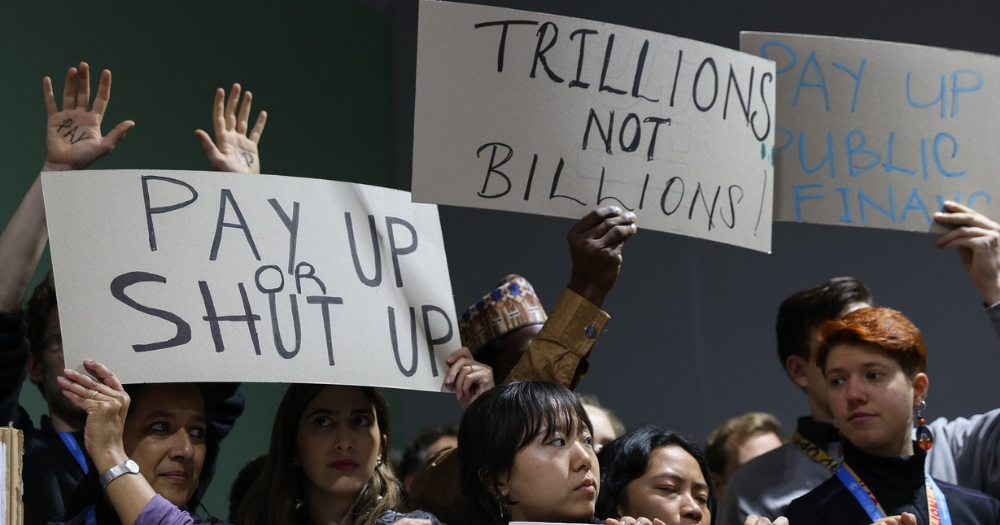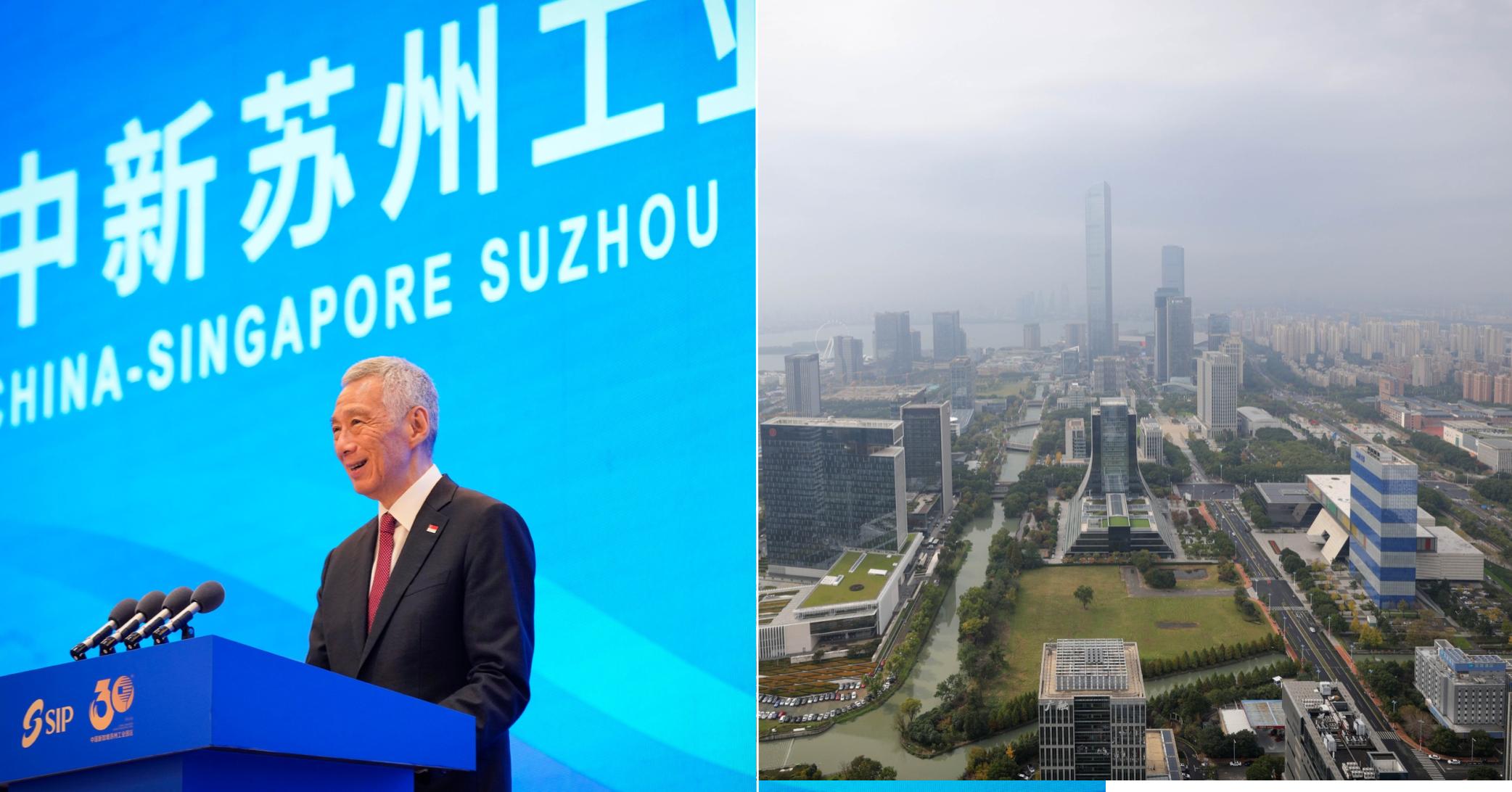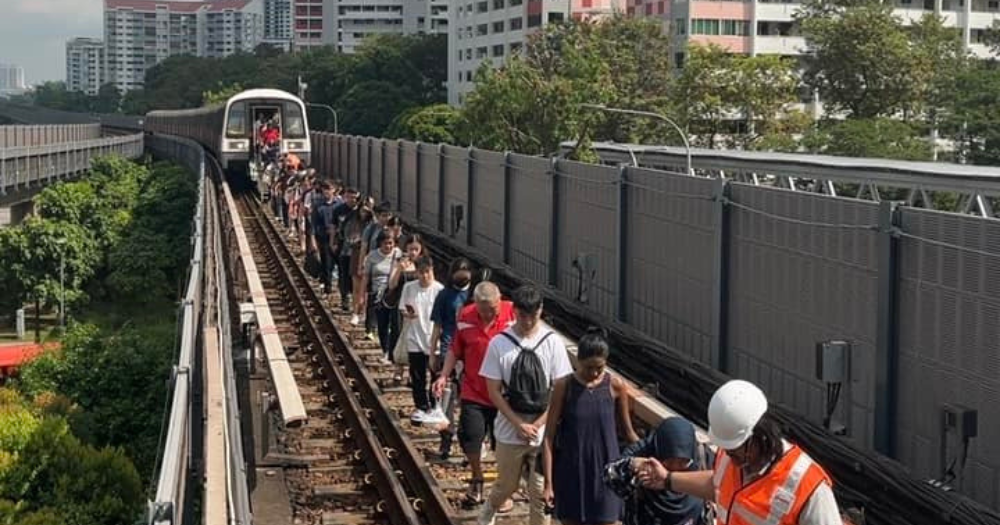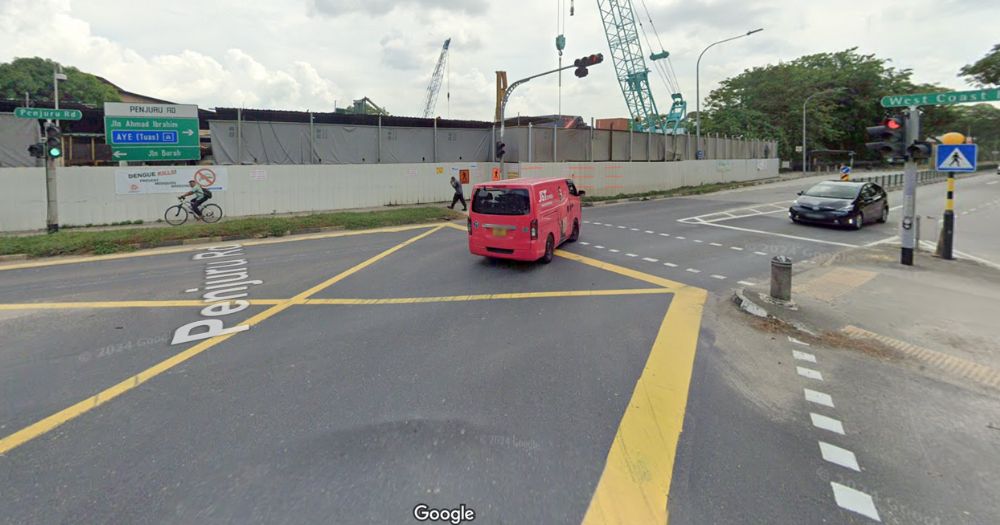COP29: World agrees on carbon market rulebook but developing countries slam 'paltry' S$403 billion climate deal
Mixed reactions.

The annual United Nations (UN) climate-focused Conference of the Parties (COP29) in Baku, Azerbaijan has come to a fractious end after days of discussions and negotiations.
Steps forward were made, while other agreements left certain countries less than pleased with the outcome.
Adoption of Article 6
Article 6 of the Paris Agreement governs the carbon markets, a topic which has been in talks for a decade.
It sets out rules on how countries can cooperate to reach their climate targets, also known as nationally determined contributions, by trading carbon credits.
These carbon credits are equivalent to a tonne of carbon dioxide that have been reduced or removed from the environment, through projects such as reforestation or solar installation.
This is particularly useful for countries like Singapore, which have limited resources to decarbonise.
Article 6.2 allows two countries to set out their own terms to trade carbon credits bilaterally, while Article 6.4 creates a UN-managed system that oversees the global carbon market.
Glad we came to a consensus: Grace Fu
On Nov. 23, the COP29 Presidency announced the full operationalisation of Article 6, marking the end of decade-long negotiations on carbon markets.
"This strategy broke through years of stalemate and finalises the last outstanding item in the Paris Agreement," a COP29 press release wrote.
Minister for Sustainability and the Environment Grace Fu, who co-facilitated conversations on Article 6 at COP26, COP27 and this time, COP29 too, said in a statement: "I am glad that we were able to come to a consensus on Article 6."
She added:
"The decisions on Article 6 at COP29 will provide the necessary confidence in carbon markets to facilitate the trading of high quality carbon credits. This will be critical to mobilise private capital toward global mitigation efforts, and to ensure we keep global temperature rise below 1.5 degrees."
Mixed reactions to US$300 billion deal
Despite the conclusion to Article 6, talks dragged on overtime at COP29 over a climate finance target to aid developing countries in coping with the impacts of climate change.
Ultimately, it was agreed that developing countries would receive US$300 billion (S$403.9 billion) a year from wealthier ones by 2035.
This is triple the previous goal of US$100 billion, which was due to expire in 2025.
However, the new sum still falls far short of the US$1.3 trillion (S$1.7 trillion) sum poorer nations were pushing for.
And while the deal received a standing ovation from some, it was lambasted by others.
According to France24, India's Chandni Raina said: "It’s a paltry sum."
"I regret to say that this document is nothing more than an optical illusion. This, in our opinion, will not address the enormity of the challenge we all face."
The Alliance of Small Island States, which comprises some of the nations which would be most affected by rising sea levels, expressed disappointment in the deal.
Joanna Depledge, an expert on international climate negotiations at Cambridge University, told the BBC that U.S. President-elect Donald Trump's recent win loomed over COP proceedings.
"For sure it brought the headline number down. The other developed country donors are acutely aware that Trump will not pay a penny and they will have to make up the shortfall."
Developing countries were thus compelled to accept the sum, knowing that they would not get a better deal with the arrival of Trump, a climate sceptic, next year, reported BBC.
"It isn’t nearly enough, but it’s a start," Tina Stege from the Marshall Islands said, as reported by Reuters.
Nature-based issues at COP30
Fu shared in a wrap-up interview with media on Nov. 23 some of the hurdles faced during the "difficult, long one week" of negotiations.
"We started the negotiation in week two, with positions that are very far apart. And also, unlike previous years, we didn't get very specific direction from G20 meetings that were held before, as well as the collaboration between U.S. China was also different from last year."
As such, this made "land[ing] on common points" harder than before.
Looking forward to COP30 next year, which will be held in the Amazon in Brazil, Fu believes that "nature-based issues will take center stage".
Issues such as water, biodiversity and adaptation might be the focus, Fu added, and "these are all issues that Singapore is very interested in".
More from COP29
Top photo from UNclimatechange / Flickr
MORE STORIES




















